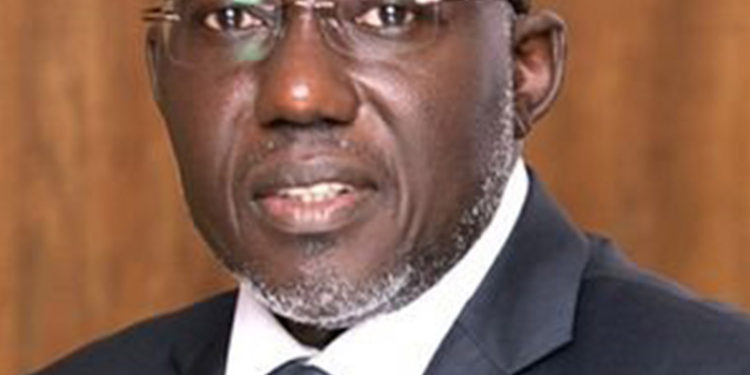The recent ruling by the High Court’s Commercial Division has ripped through the facade of the Uganda Revenue Authority’s (URA) heavy-handed tactics, exposing an overbearing and misguided approach to tax collection. For years, URA has been overstepping boundaries, and this landmark judgment has finally pulled the rug out from under its questionable practices. Judge Thomas Ocaya’s decision to uphold the independence of consultants stands as a scathing rebuke to URA’s manipulative classification of consultants as employees solely to satisfy their insatiable hunger for tax revenue. It’s a victory for common sense in a landscape where URA has bulldozed through logic and legality to bolster its coffers.
At the core of this legal battle was URA’s attempt to arbitrarily categorize consultants working for the Infectious Diseases Institute (IDI) as employees based on a flimsy two-month rule. The absurdity of URA’s position is striking: merely because consultants receive a regular retainer, URA argued, they should be classified as employees and taxed under the Pay As You Earn (PAYE) scheme. This brazen maneuver reveals URA’s true intentions—not a fair collection of taxes, but a relentless push to wring every shilling it can from businesses, irrespective of whether or not the tax is due.
Justice Ocaya’s decision dismantles URA’s position with remarkable clarity, pointing out the glaring flaws in URA’s reasoning. The court recognized that consultants, unlike employees, are neither entitled to job benefits nor subject to employment-type control. Consultants work independently, with flexible hours, no paid leave, and are paid strictly for services rendered, not for time off or vacation. By URA’s perverse logic, any skilled worker—be they chefs, doctors, or legal advisors—paid on a retainer basis would fall under the PAYE regime. This ruling underscores the legal principle that financial arrangements do not inherently create employment relationships.
IDI argued that URA’s approach was not only wrong but blatantly disregarded essential distinctions between consultancy and employment. URA’s approach to focus solely on fixed income and ignore contractual terms reveals a tax body more concerned with expanding its tax net than upholding tax laws. Judge Ocaya rightly condemned this tactic, stating that URA’s arbitrary classifications serve only to artificially inflate tax collections, a fact this court could not support. The judge’s words carry a weight of justice, rejecting the “improper collection of tax” URA sought to enforce without legal basis.
This ruling is more than a triumph for IDI; it’s a decisive victory for contractors across Uganda. The court’s decision to overturn the previous ruling by the Tax Appeals Tribunal and award IDI costs sends a clear message that URA cannot ride roughshod over the rights of independent consultants. URA’s underhanded tactics of pressuring contractors into the PAYE scheme now stand disgraced, a black mark on the authority’s credibility.
Commercial lawyer Bruce Musinguzi hailed the ruling as a major relief. It not only exposes URA’s high-handed approach but also alleviates the financial burden URA has forced onto companies. With this ruling, URA’s practice of treating consultants as employees solely to levy PAYE has been declared invalid, restoring sanity to Uganda’s business environment. For contractors, this decision reaffirms their independent status, releasing them from an unnecessary tax burden that URA, blinded by greed, sought to impose on them.
In an era where institutions are meant to facilitate, not suffocate, URA’s actions stand as a glaring example of systemic overreach and unaccountable arrogance. This ruling should be a wake-up call to Ugandan authorities, warning them against such misuse of power. URA’s reputation has been tainted by this saga, and one can only hope this judgment serves as a deterrent to such practices in the future.







Discussion about this post